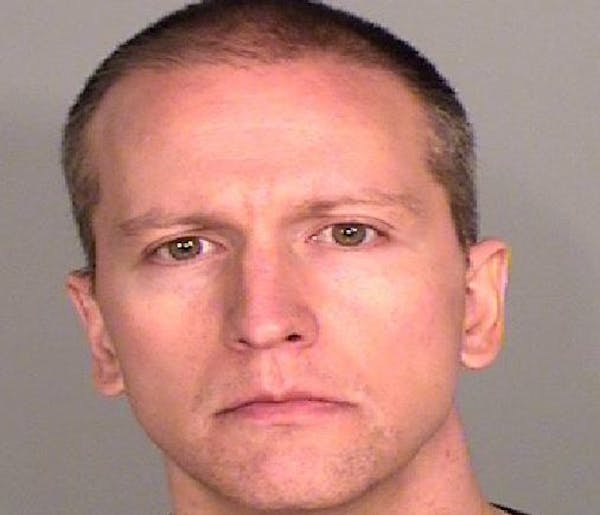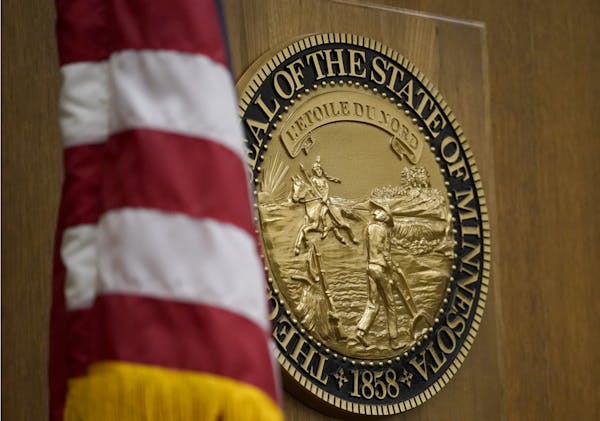One of the pretrial motions discussed before jurors arrived Wednesday focused on what "spark-of-life" testimony Hennepin County Judge Peter Cahill will allow in the trial of a former Minneapolis police officer in the death of George Floyd.
Prosecutors said they wanted to put up two "spark-of-life" witnesses to talk about Floyd.
The state Supreme Court allows "spark-of-life" testimony to show the victim as a living person, not merely a faceless victim. Generally, one witness and one photograph of the usually smiling victim are allowed.
"The idea is that the prosecution gets to show the deceased in life," former Hennepin County Chief Public Defender Mary Moriarty said.
Ted Sampsell-Jones, a Mitchell Hamline School of Law professor, said prosecutors want to show him as human and make the jurors feel sympathy for him, his family, and the loss of his life.
Moriarty, who has more than three decades of trial experience, said that "outside a courtroom, it's important for people to understand who George Floyd was. But inside a courtroom, it's not an element of the offense."
Unlike most everything else the jury will hear at trial, "spark-of-life" testimony isn't evidence, so it's tightly controlled by the judge and carries risk for both the prosecution and the defense.
If the witness starts talking about "character traits," that opens the door to the defense bringing in the flip side, less flattering aspects of their character.
For example, prosecutors in this case might want to talk about Floyd's struggles with drug addiction, but that could allow the defense to ask about the extent of his illegal drug use.
"Spark-of-life" witnesses also bring emotion into the courtroom, so they're "directly contradictory to what the judge tells the jury not to do, which is base their decisions on emotions," Moriarty said. "I've seen jurors cry during that kind of testimony."
Cahill told the lawyers that he would allow "spark-of-life" witnesses to talk about Floyd being beloved by his family, but they cannot provide "character evidence" about him or refer to him as a "gentle giant."
The lawyers and Cahill will talk further about the parameters of testimony and the number of "spark of life" witnesses once the trial starts.
Chauvin is charged with second-degree murder and manslaughter.






